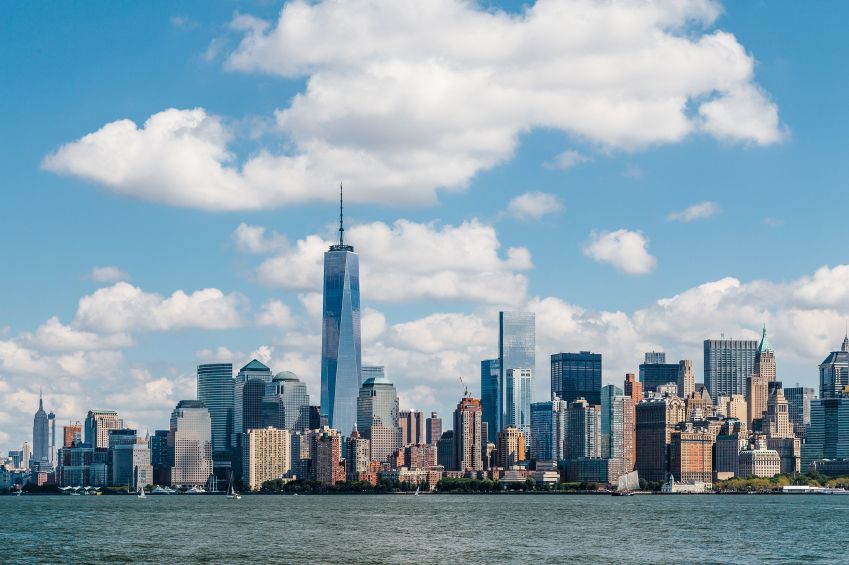 The big winner.
The big winner.
Every year Chief Executive polls CEOs across the country to ask them about their perceptions of which states are hospitable for business and which states are not.
It isn’t one of those click-bait lists based on a shuffling of metrics from the Bureau of Labor Statistics and crime data from the FBI or somesuch. Our take is simple and straightforward: We ask hundreds of CEOs, who are usually the biggest decision-makers in where to locate a company’s operations, what they think of each of the states when it comes to doing business (the measure is overweighted for places where they have operations or experience).
New York always ends up at or near the bottom. Today, thanks to the Amazon fiasco, we got a good reminder of why. Despite being home to more corporate headquarters than any other place in the U.S., in 2018 the Empire State ranked 49 out of 50 for places to do business, just ahead of California. To translate: CEOs have to do business in New York, California and the rest of these states, but these places don’t make it easy.
Anything is possible: today was the day a group of dedicated, everyday New Yorkers & their neighbors defeated Amazon’s corporate greed, its worker exploitation, and the power of the richest man in the world. https://t.co/nyvm5vtH9k
— Alexandria Ocasio-Cortez (@AOC) February 14, 2019
To recap: After a year of effort, the state’s two top politicians and lead frenemies — Governor Mario Cuomo and New York Mayor Bill DiBlasio — somehow found a way to work together long enough to win the derby that nearly every American municipality with more than a single traffic light had been competing to win. In an era where most cities are thrilled, and struggle, to attract 250 jobs from a blue-chip employer like Amazon, New York City had somehow landed 25,000 of them.
Jackpot? Not so fast.
Despite polling that showed the overwhelming majority of New Yorkers wanted the development—expensive as it was—a small pack of New York’s backbencher politicos couldn’t help themselves. Opposing Amazon in the AOC-rising era of Democratic politics was simply too high profile, too juicy, no matter the cost or frail logic. For those used to fixing potholes, fighting Amazon was a chocolate fountain of national attention—this wasn’t The New York Post, this was The Washington Post.
Yes, landing Amazon took $3 billion in promised tax breaks. Yes, Google is planning a similar sized expansion in the city without those breaks. And yes, New York’s sheer scale will continue to make it an attractive target for any company who needs to hire the best and brightest. All is hardly lost.
But there’s a reason why so many cities were throwing themselves at Amazon. The EcDev people and mayors and governors around the country are not dummies—they know that landing part of Amazon is the municipal equivalent of buying stock in Amazon.
As investments go, it was is expensive, not overpriced. In an era—and in a region—struggling with pension liability problems, school funding problems, mass transit problems, and problems and problems and problems, carving off a chunk of Jeff Bezos’s company was a nest egg, a good-sized stake in nearly every meaningful advance in business over the last decade and likely in the years ahead.
But capital goes where it’s wanted. And that isn’t Queens.







